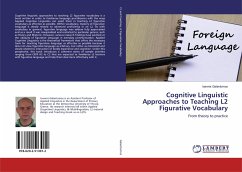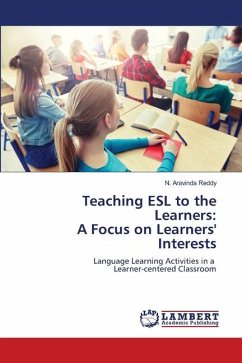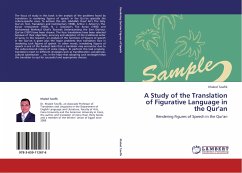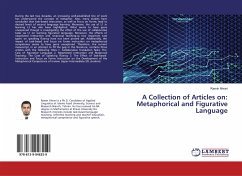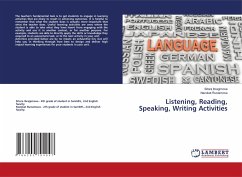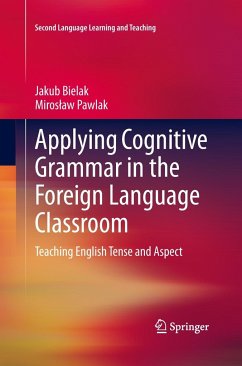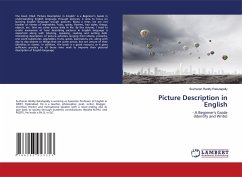Cognitive linguistic approaches to teaching L2 figurative vocabulary is a book written in order to familiarize language practitioners with the ways Applied Cognitive Linguistics can assist them in teaching L2 figurative vocabulary as effective as possible. Within vocabulary, mastery of figurative language is closely related to advanced proficiency in an L2. As with vocabulary in general, figurative language was seldom fully appreciated and as a result it was marginalized and restricted to particular genres, such as Poetry and Rhetoric. However, various research findings have pointed at the ubiquity of figurative language in everyday communication. Applied Cognitive Linguistics is the theoretical framework that offers the necessary tools for teaching figurative language as effective as possible because it does not view figurative language as arbitrary, but rather as motivated and closely related to interaction of bodily experience and cognition. Under this perspective, this book introduces a coherent series of sample activities ranging from CEFR A2 to C2 that are expected to familiarize L2 learners with figurative language and help them deal more effectively with it.
Bitte wählen Sie Ihr Anliegen aus.
Rechnungen
Retourenschein anfordern
Bestellstatus
Storno

